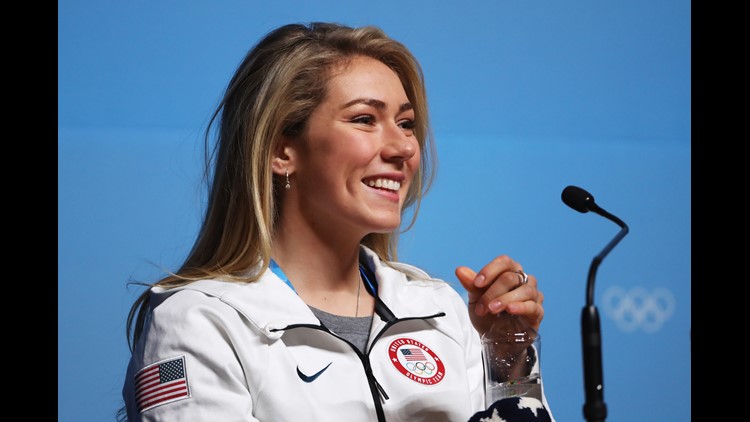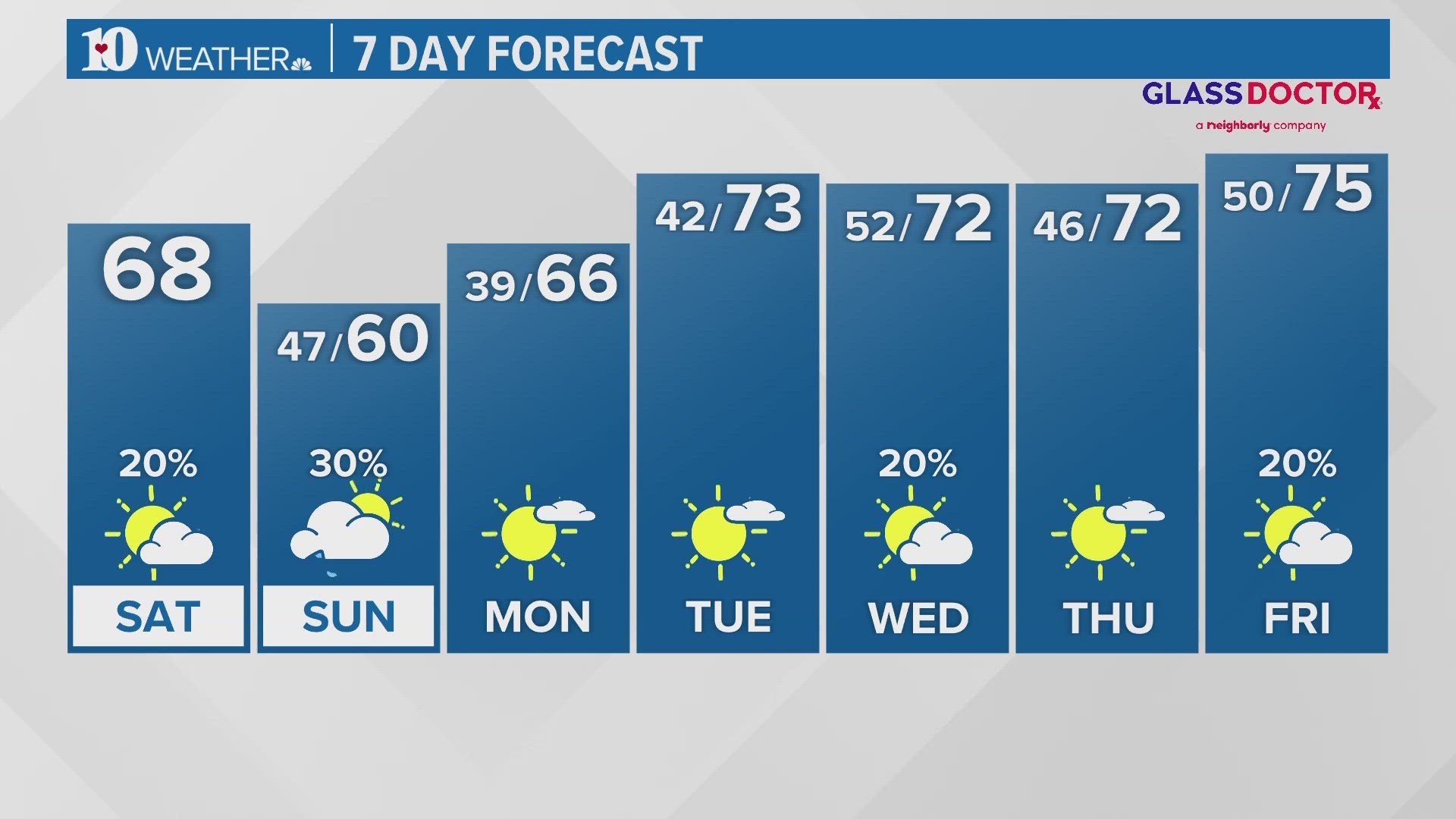Last winter, with the 2018 Olympics more than a year away, Mikaela Shiffrin had a funny feeling — the feeling that she was about to barf.
The queasiness took hold on race days, just before the U.S. Alpine ski star was about to enter the start gate. Though she rarely lost the race, or lost her lunch, the sensation grew increasingly uncomfortable and led her to sports psychologist Lauren Loberg.
“Even when she was having all this anxiety, no one would know,’’ Loberg told USA TODAY Sports. “She was still skiing amazing. It just wasn’t fun.’’
For Shiffrin, fun appears to have outdueled anxiety during her quest to add to the Olympic gold medal she won in slalom at the 2014 Sochi Games. She looked loose and confident Saturday in her first news conference here while saying she might compete in all five Alpine individual events, starting with the women’s giant slalom Monday.
Known for her fierce work ethic, Shiffrin said she is investing more on mental preparation.
“I think it’s something that’s undervalued,’’ she said. “I’ve experienced a lot more mental stress these last two years than I ever had. I don’t know what it was about last season, but I … felt a lot more anxiety.’’
So she called Loberg, who said their first session took place by Skype, when Shiffrin explained the feeling of wanting to vomit right before a race started.
Loberg said she literally could see Shiffrin experience what she was describing.
“You can see that anxiety develop and then kind of talk through what’s going on,’’ said Loberg, who works with the U.S. Ski and Snowboard Association and the NFL. “Sometimes it’s hard because you don’t ever see anything. I mean, I’m not at the type of the race hill, right? It’s all based on what they describe.’’
But on Skype, Loberg said she could see it — the visceral anxiety attached with expectations of others, including people who suggested Shiffrin might one day be the Michael Phelps of the Winter Olympics.
But forget about Michael Phelps. The sports psychologist wanted Mikaela Shiffrin to remember what made her Mikaela Shiffrin.
A shift eventually took place, according to Shiffrin.
“Kind of got back to my roots in skiing a little bit,’’ she said. “Just kind of reminded myself that I’m not here just for wins but that I’m here because I love the sport. I love to improve. …
“And the thing that gives me the most satisfaction is the skiing part of it, feeling those really good turns. So those kinds of things, that’s what I focus on when I get in the start gate. Especially here it’s even more important because this is the biggest press conference that I’ve done all season.’’
Shiffrin smiled. Dozens of reporters returned her gaze. The race for gold medals was approaching fast, and she did not look sick to her stomach.
Over the months since Shiffrin and Loberg began working together, they have remained in regular contact by text message.
Said Loberg: “I think one of the coolest texts I got this year was ‘I’m really having fun.’ I was like, ‘That’s the most important thing, because when you’re having fun and enjoying yourself, you’re going to ski well.’ ”



